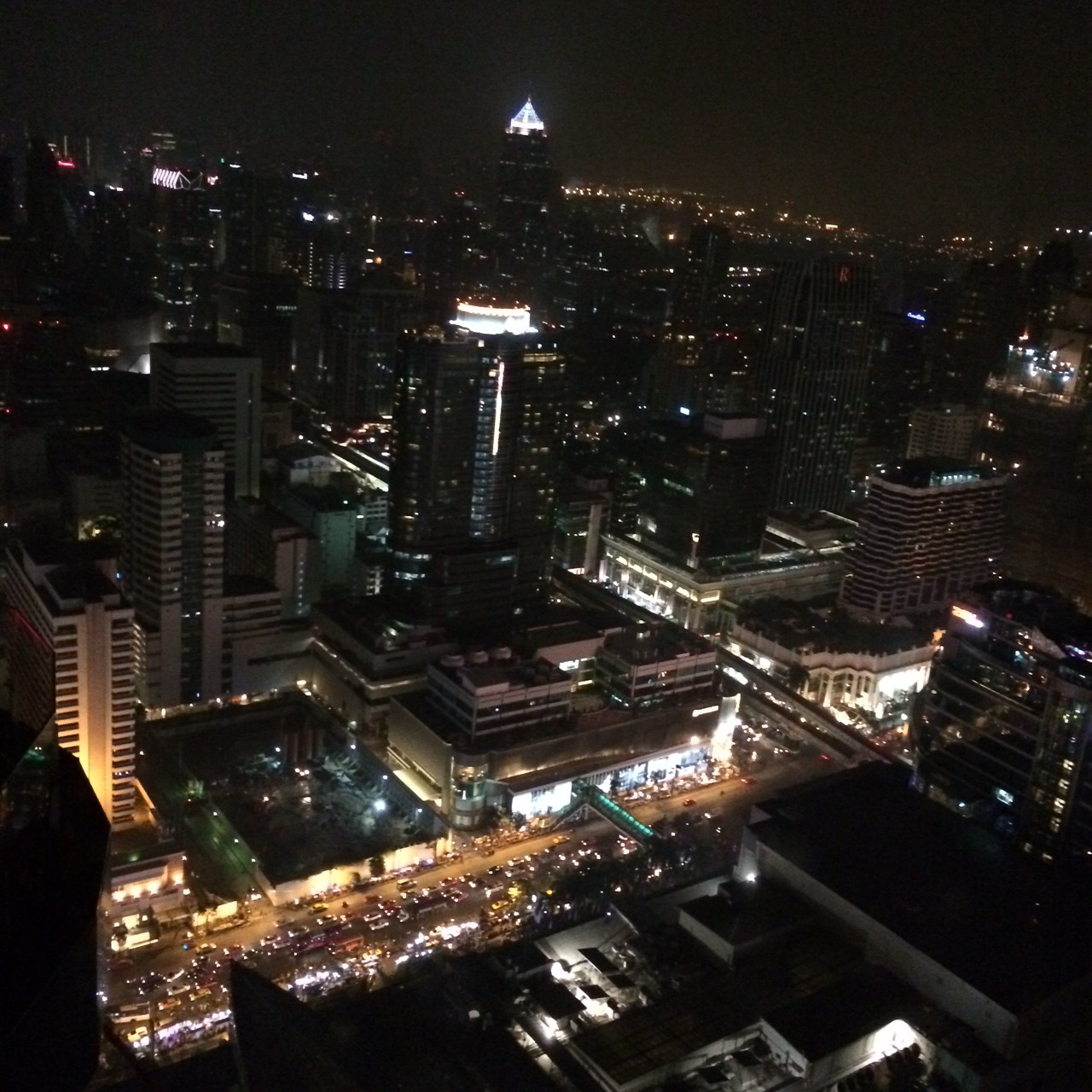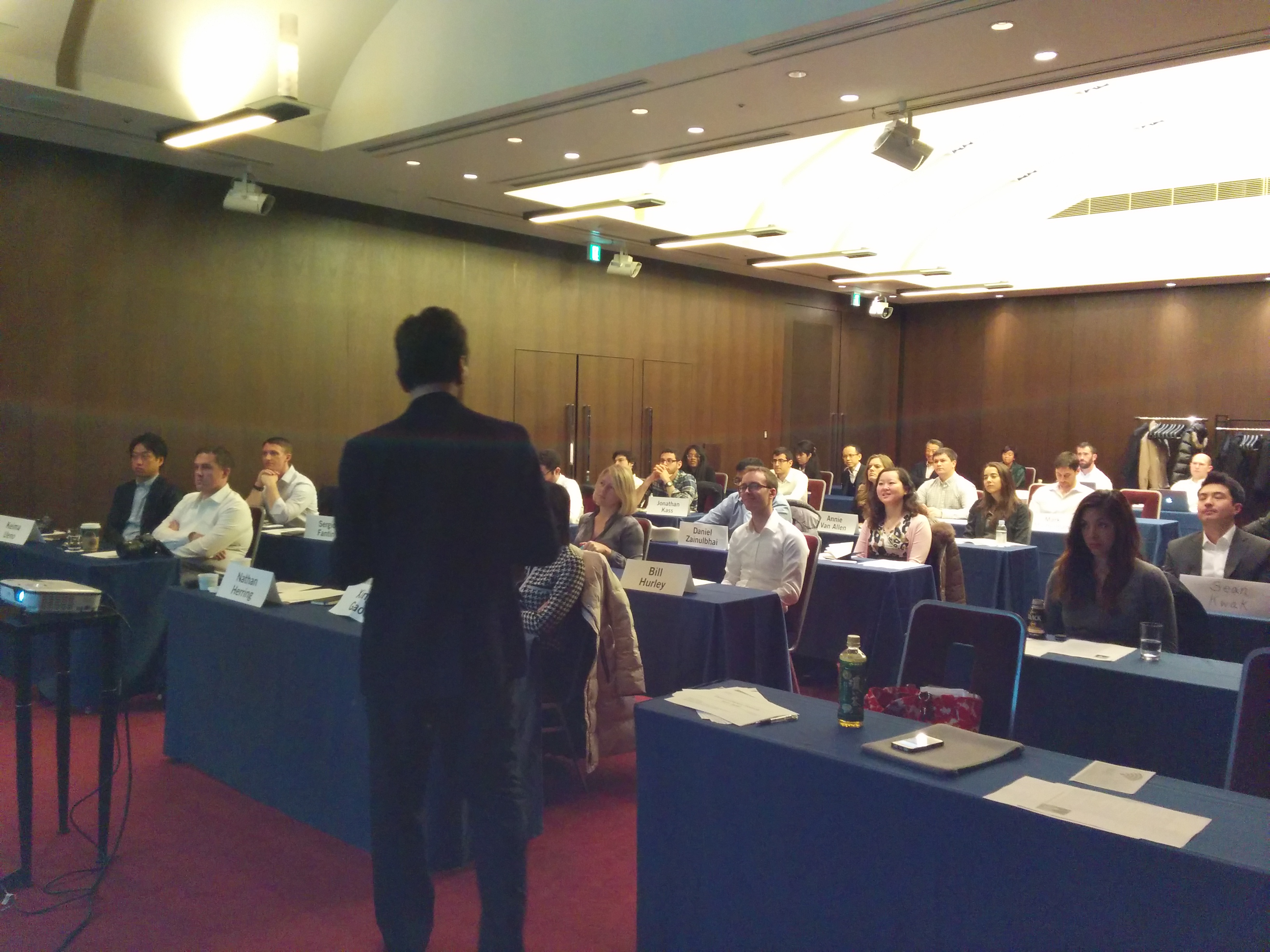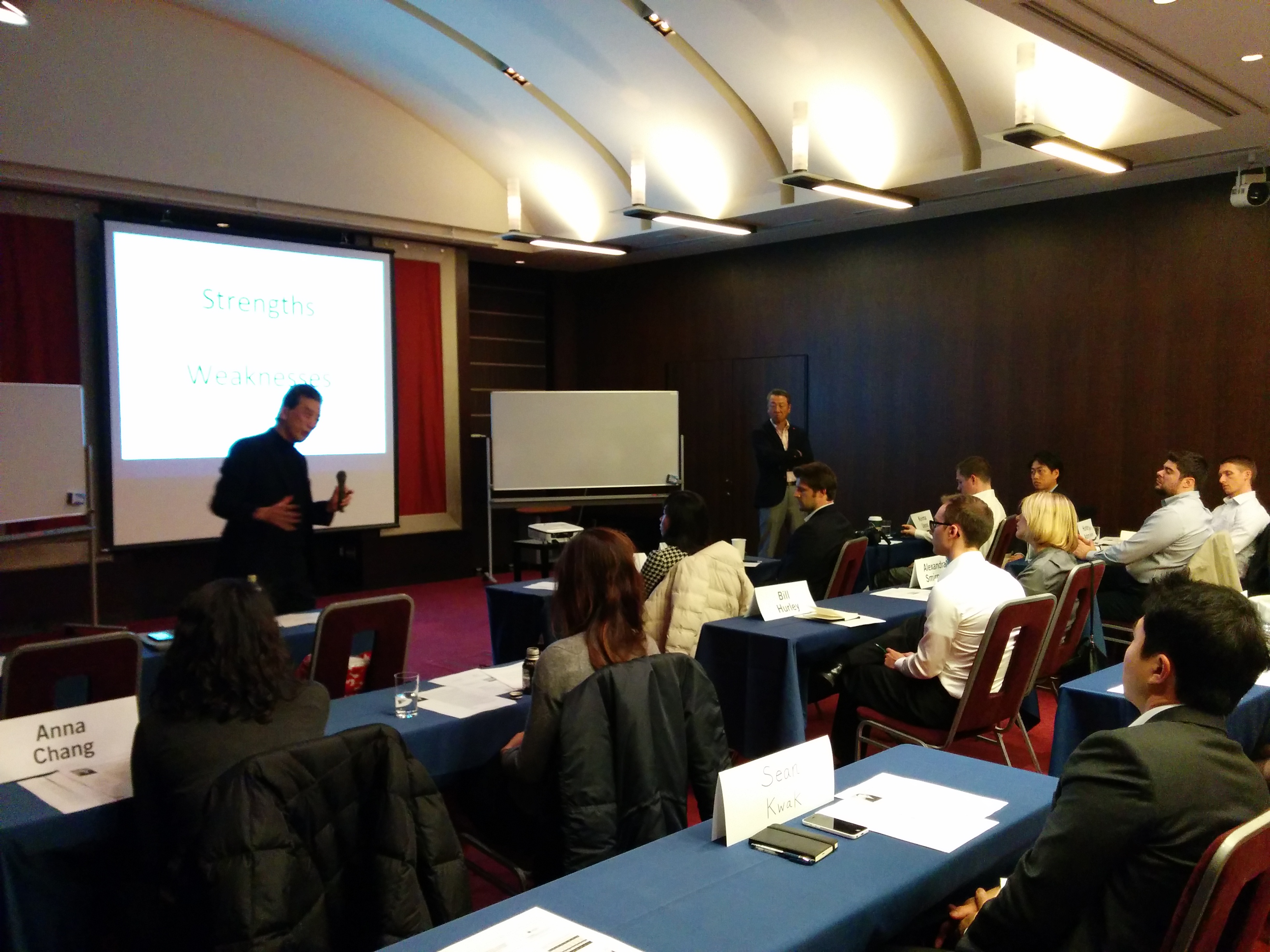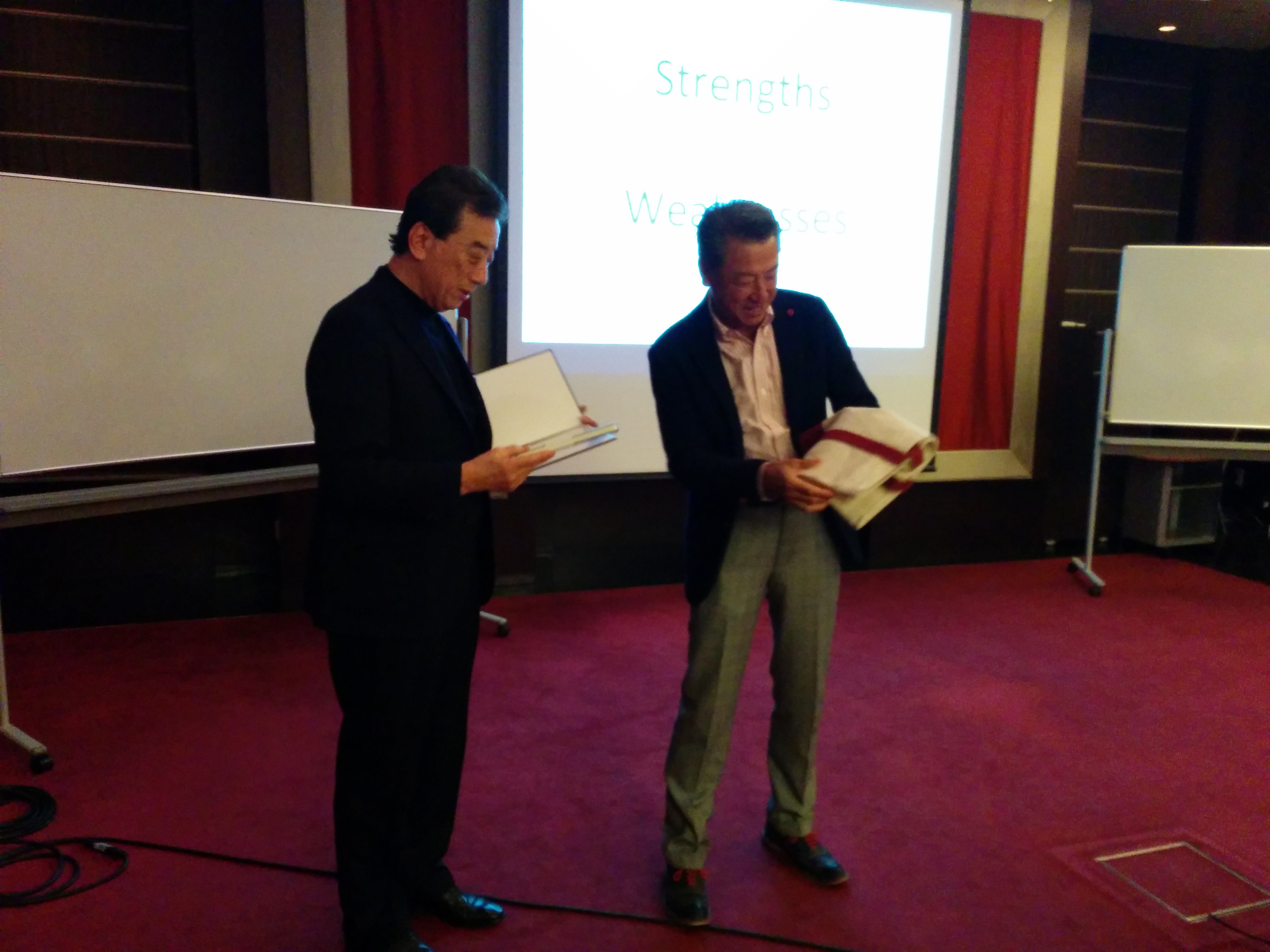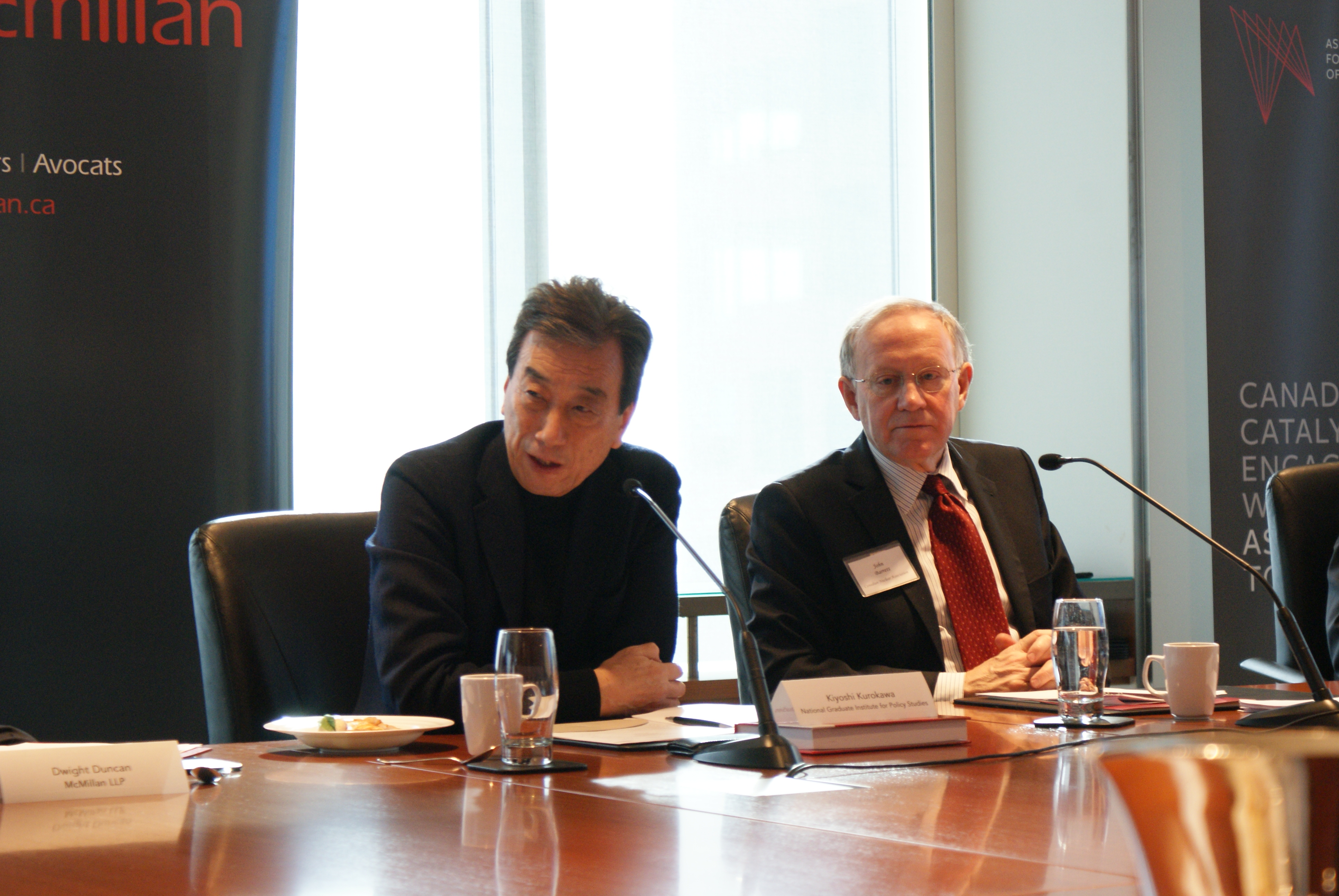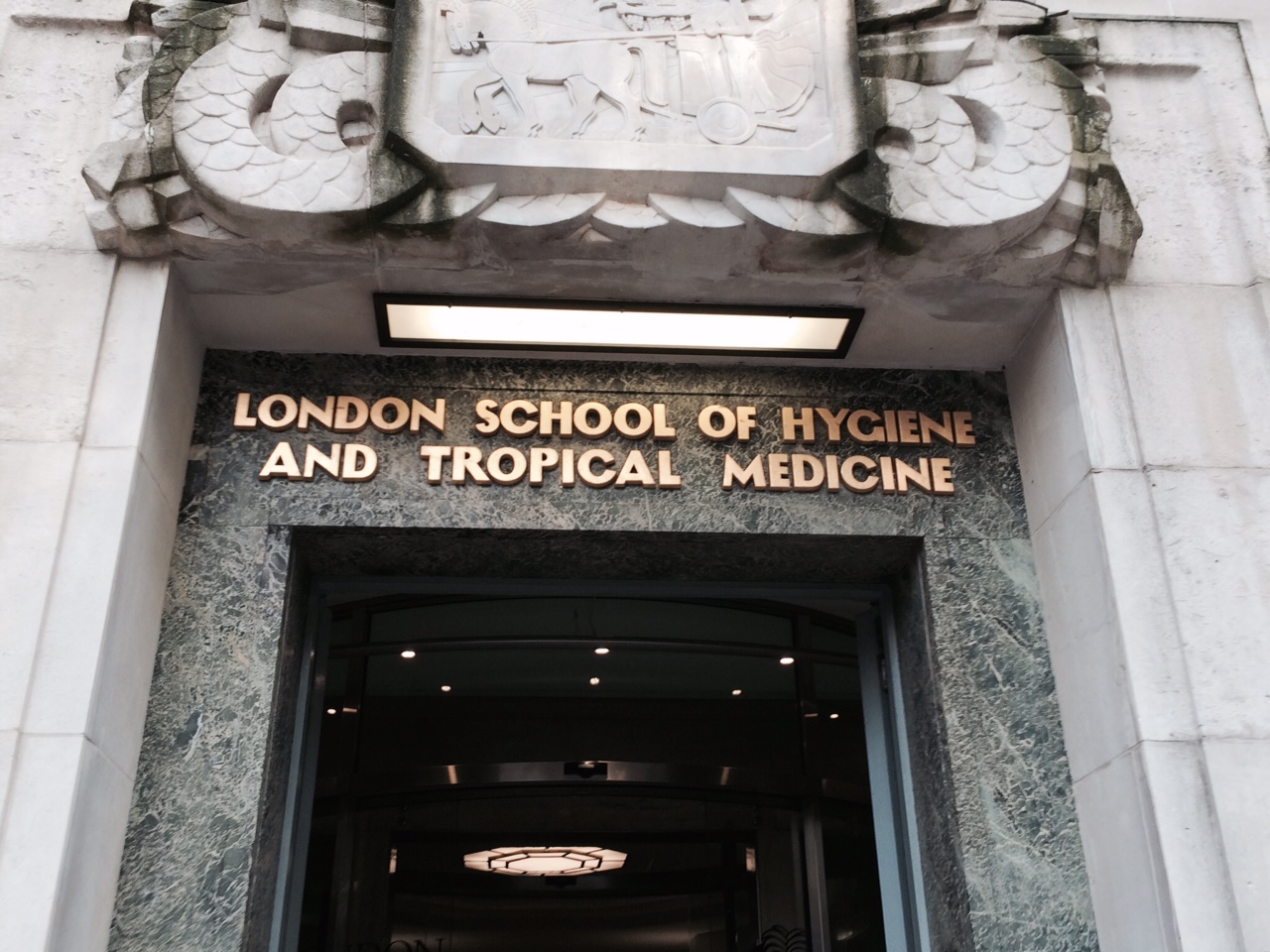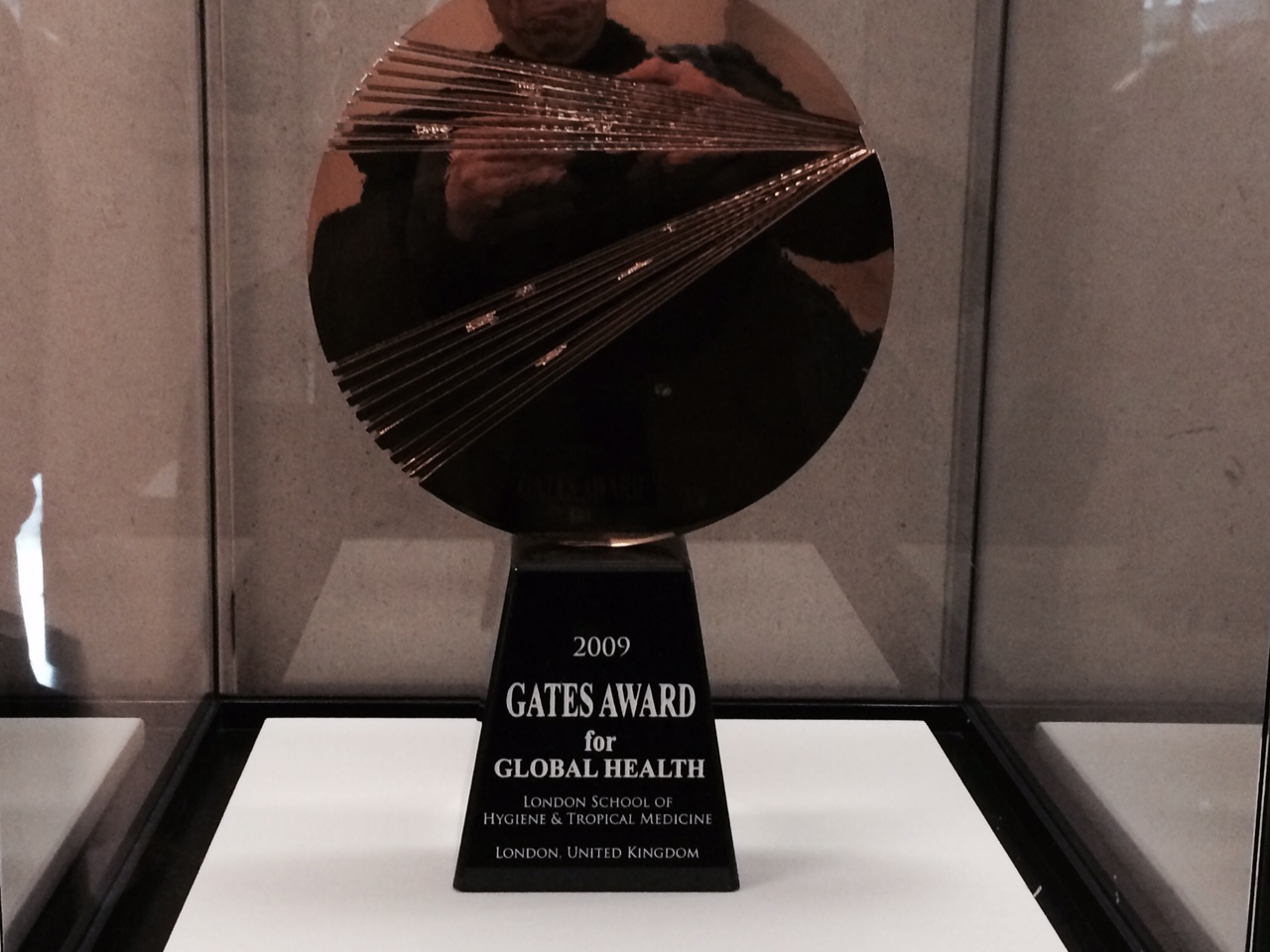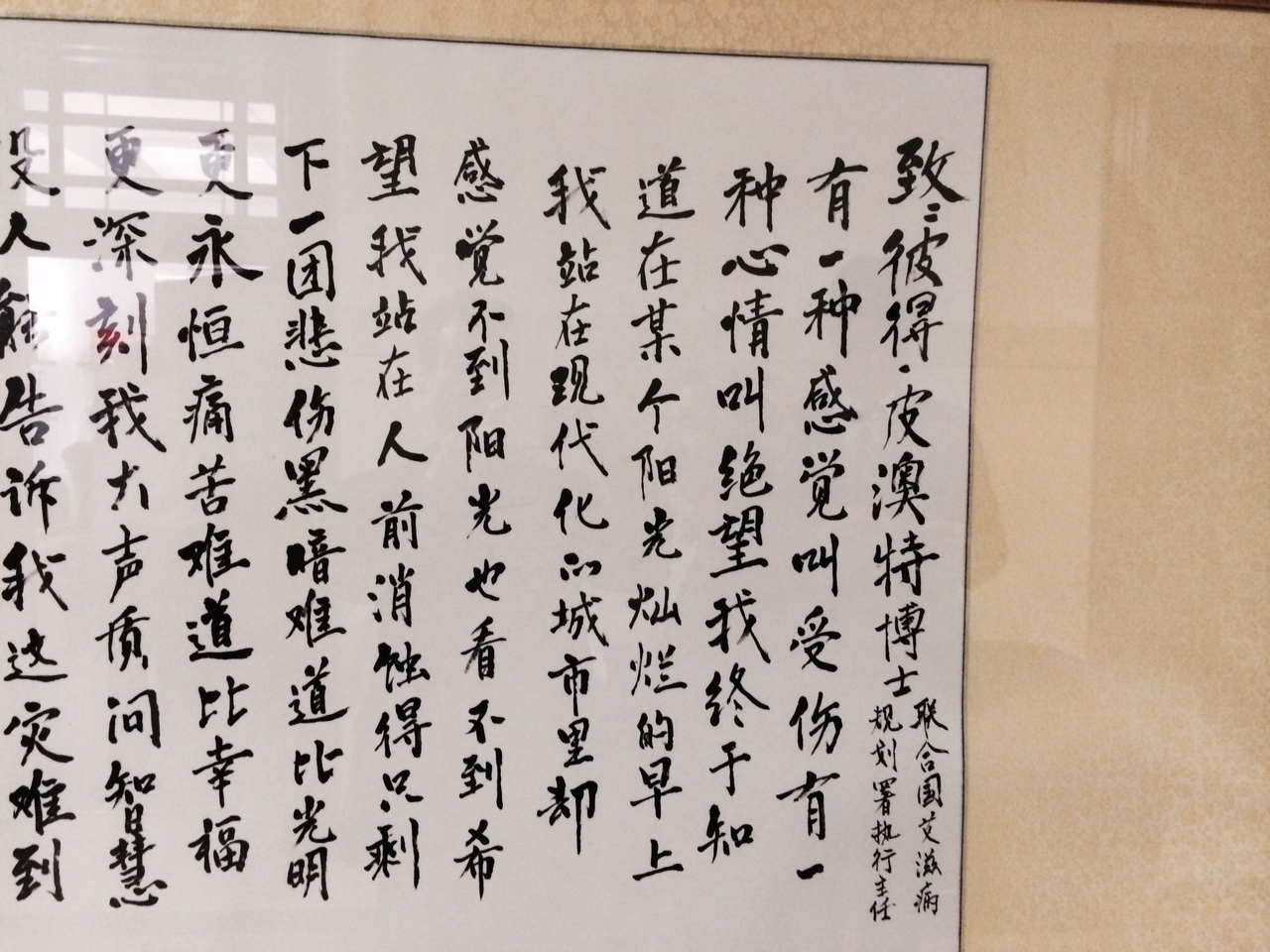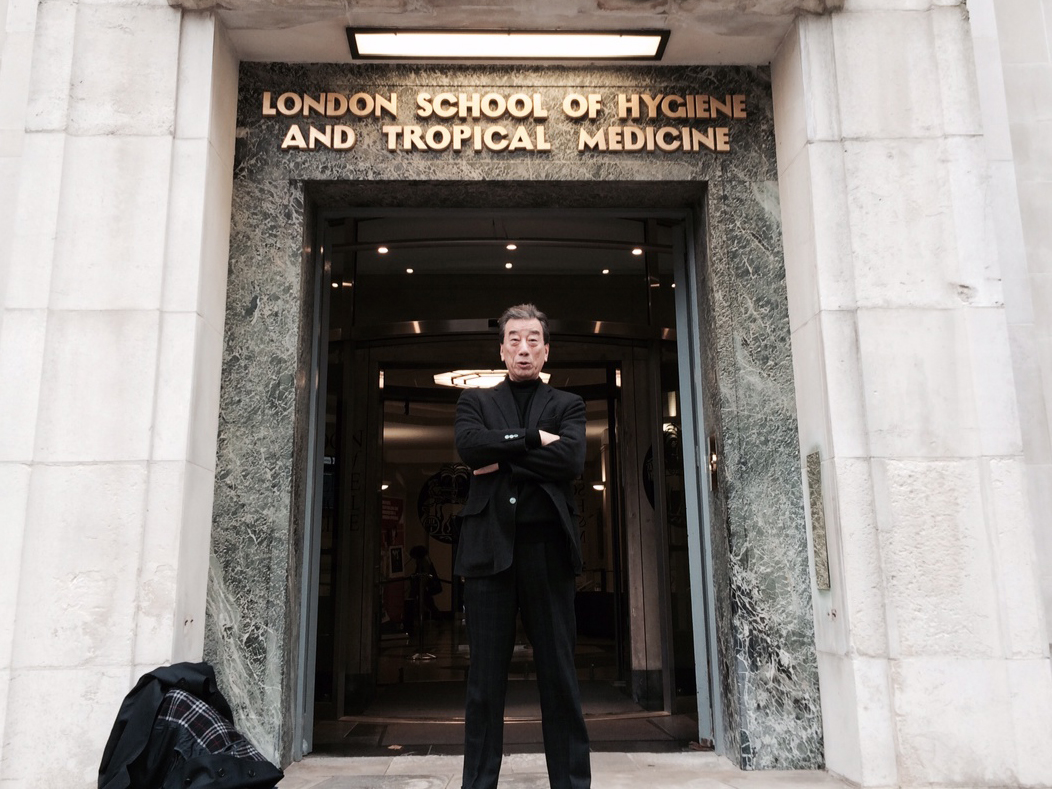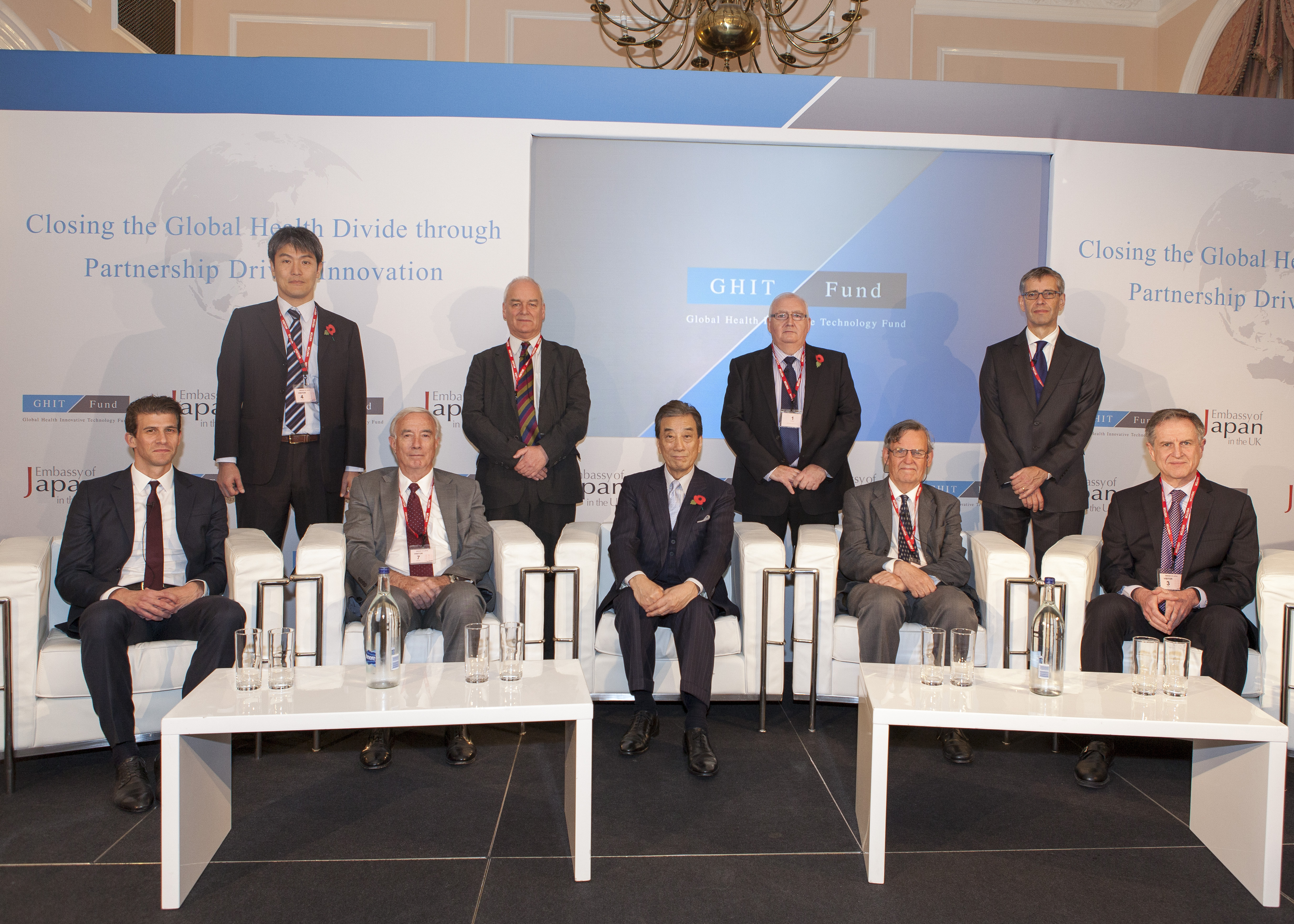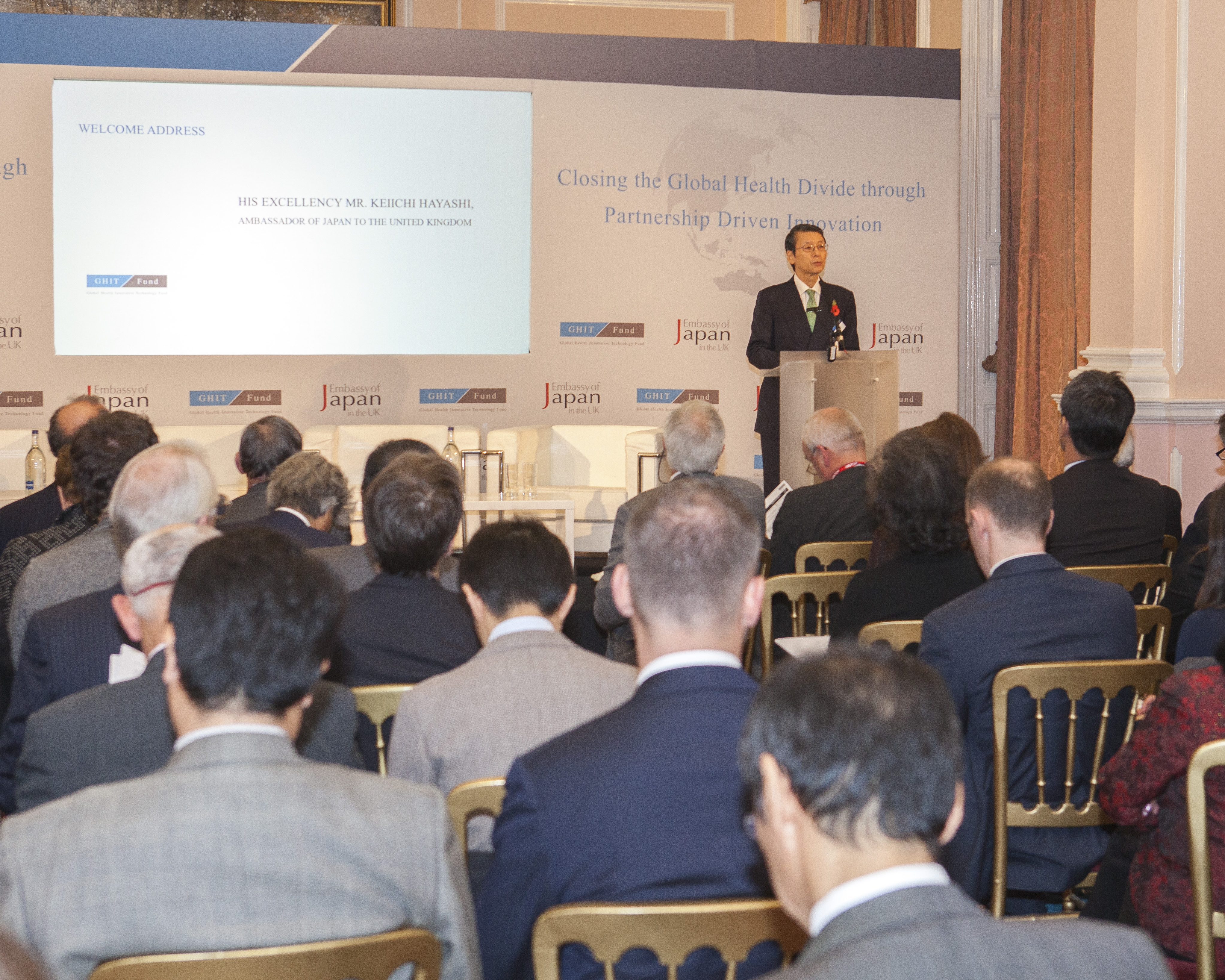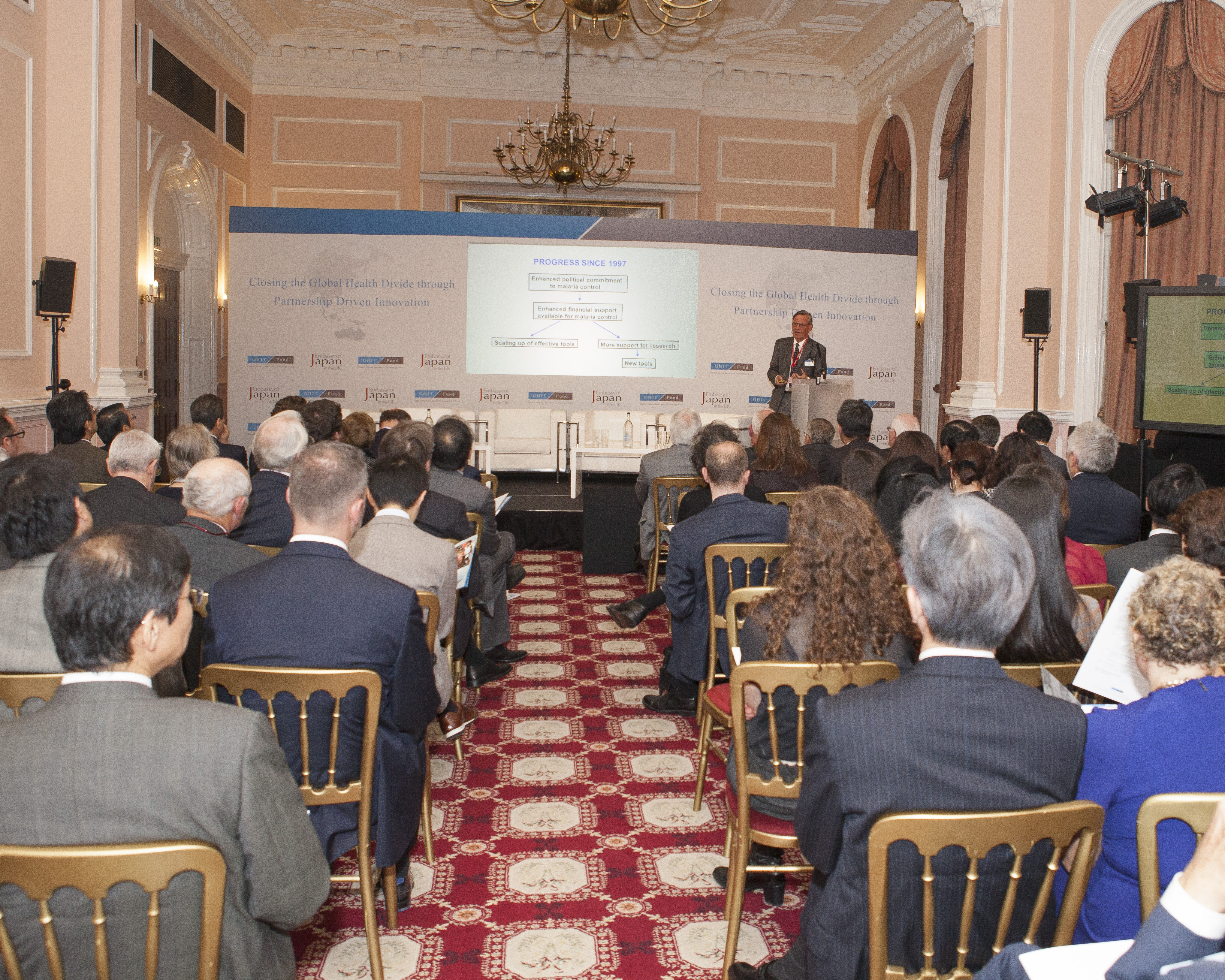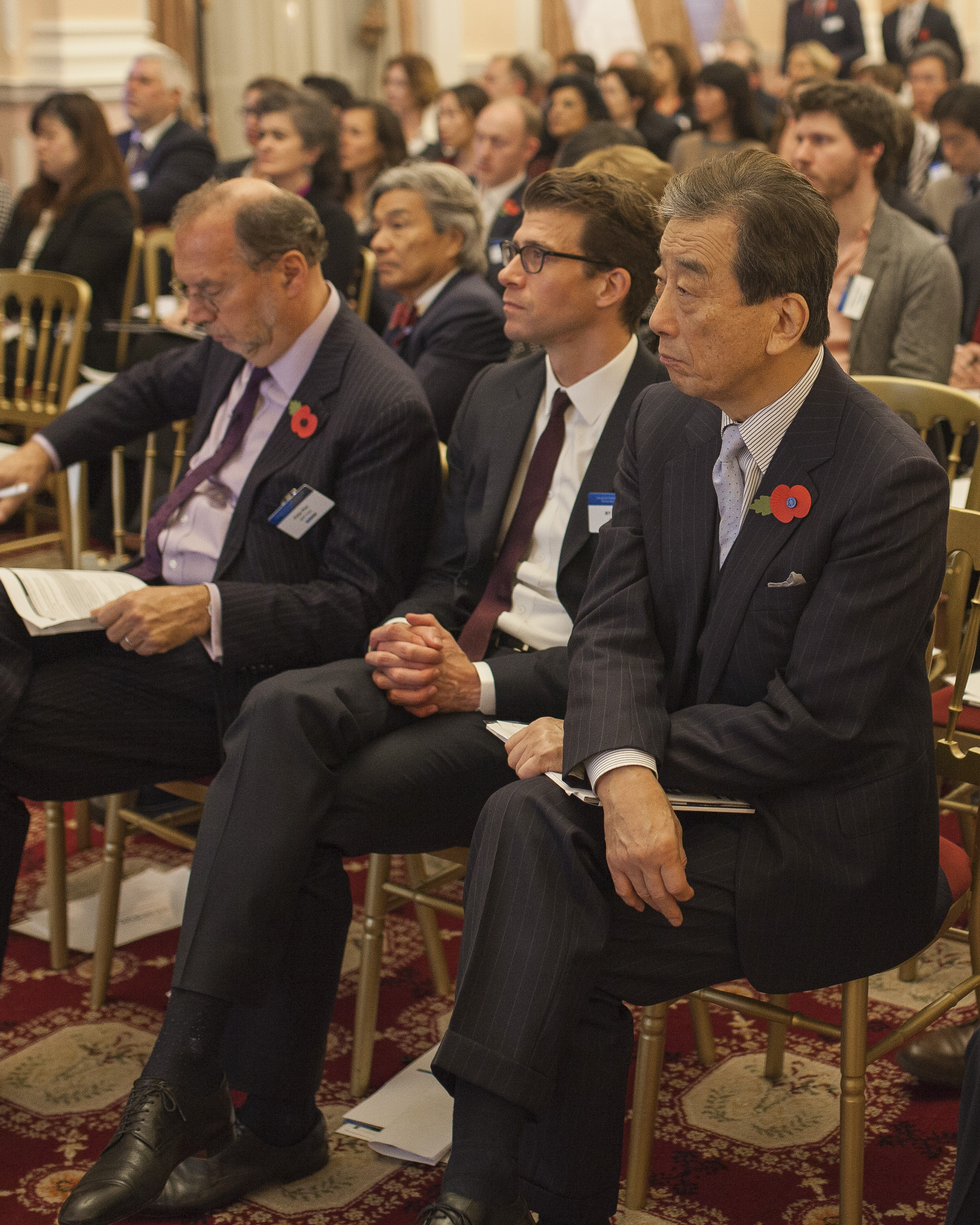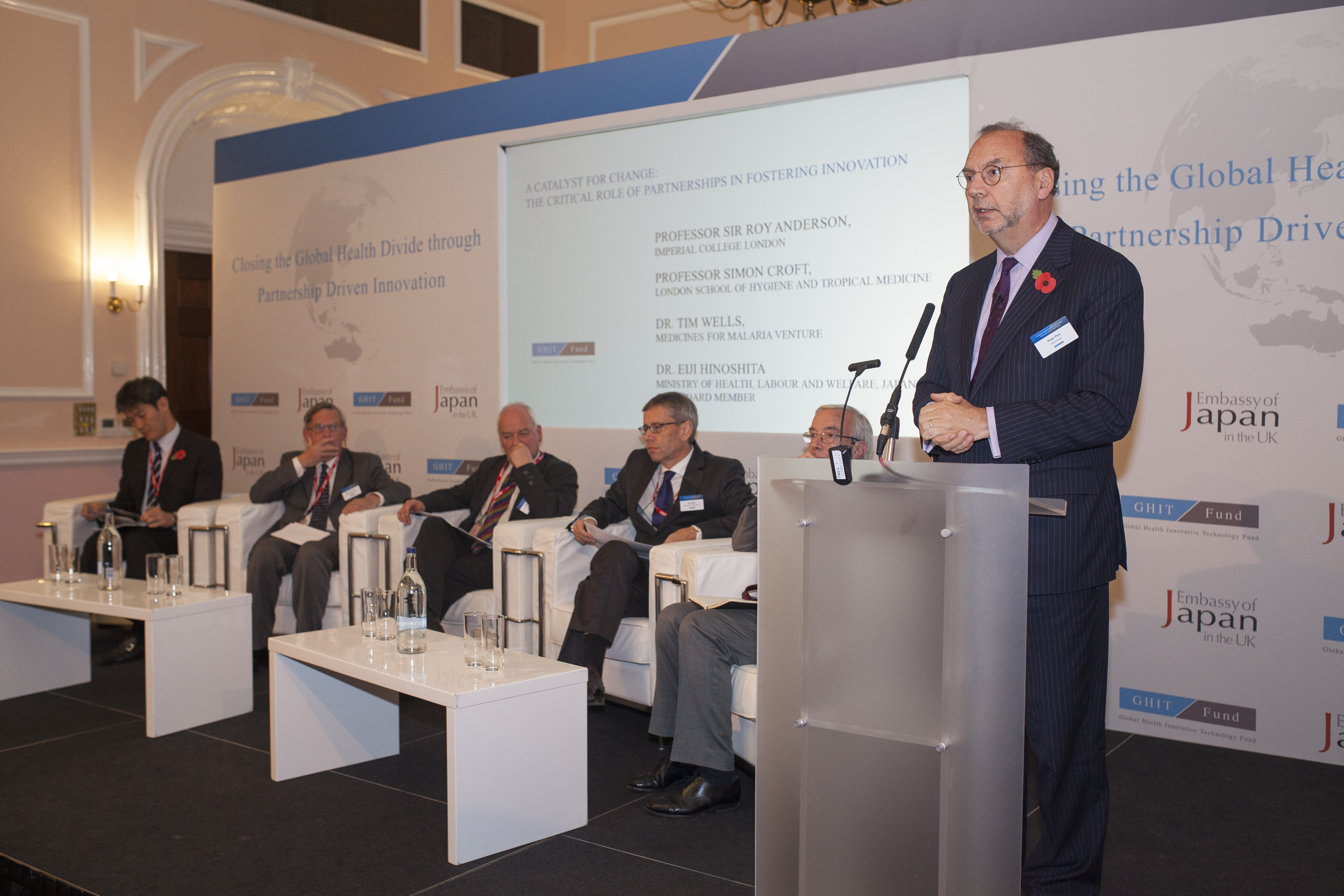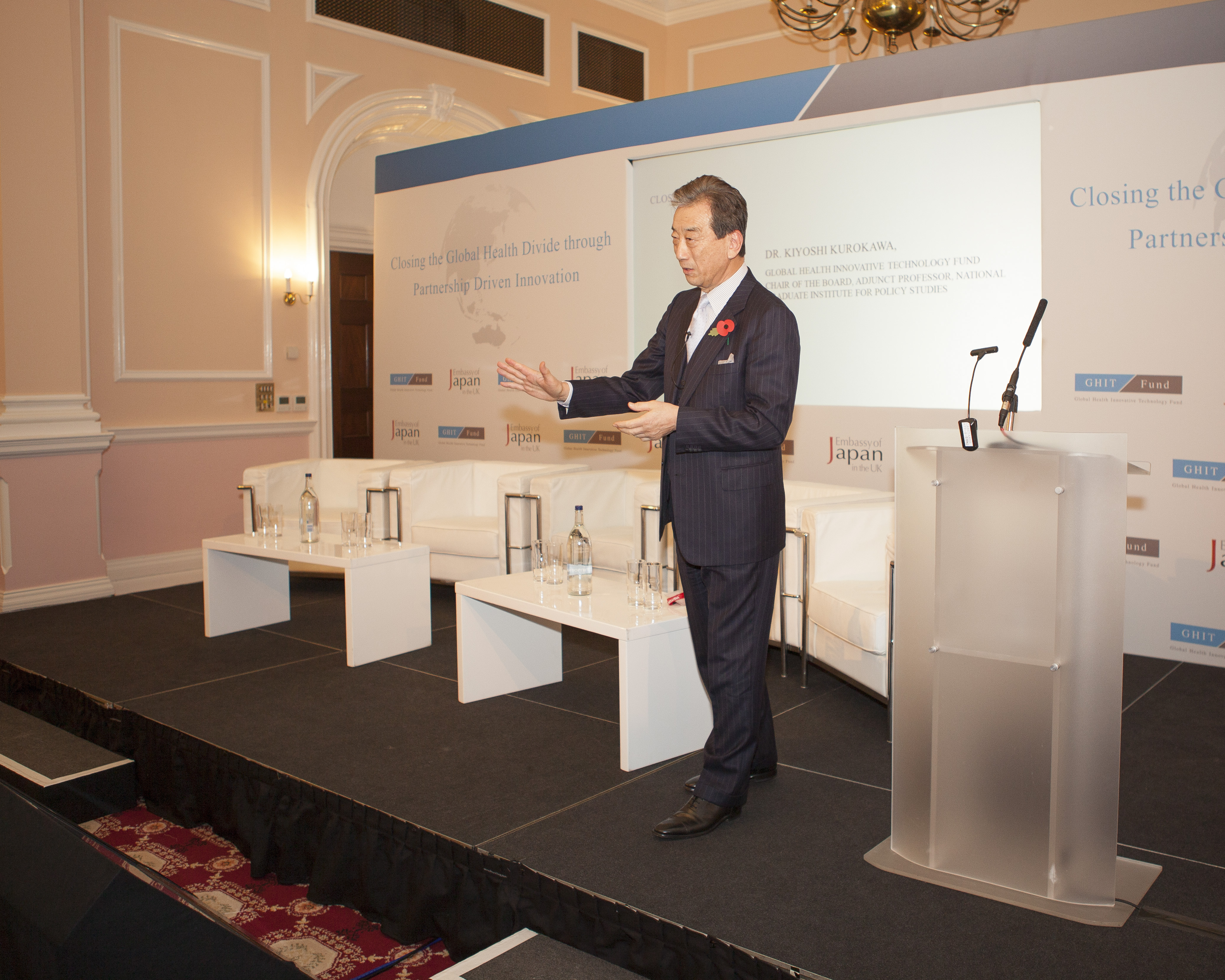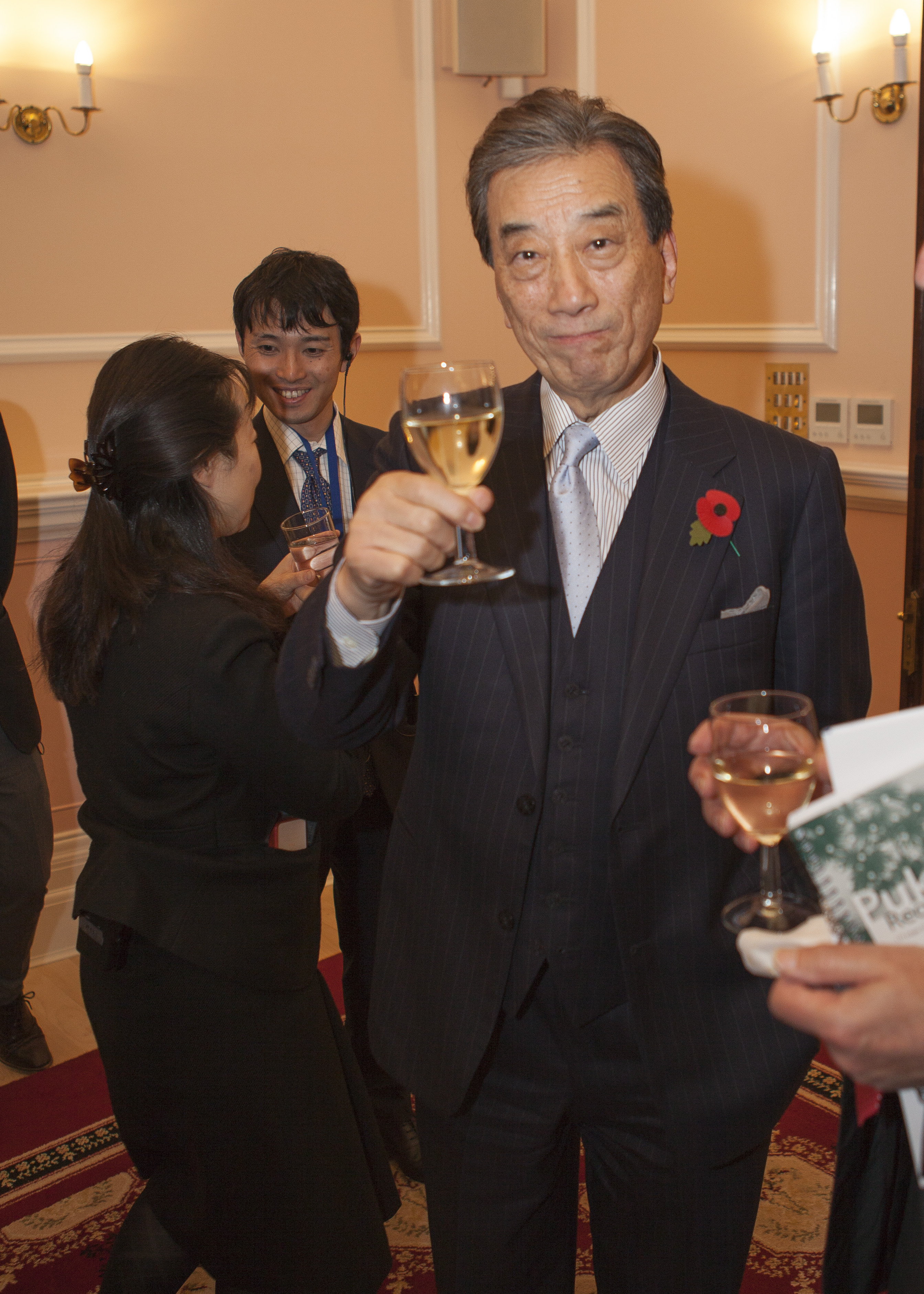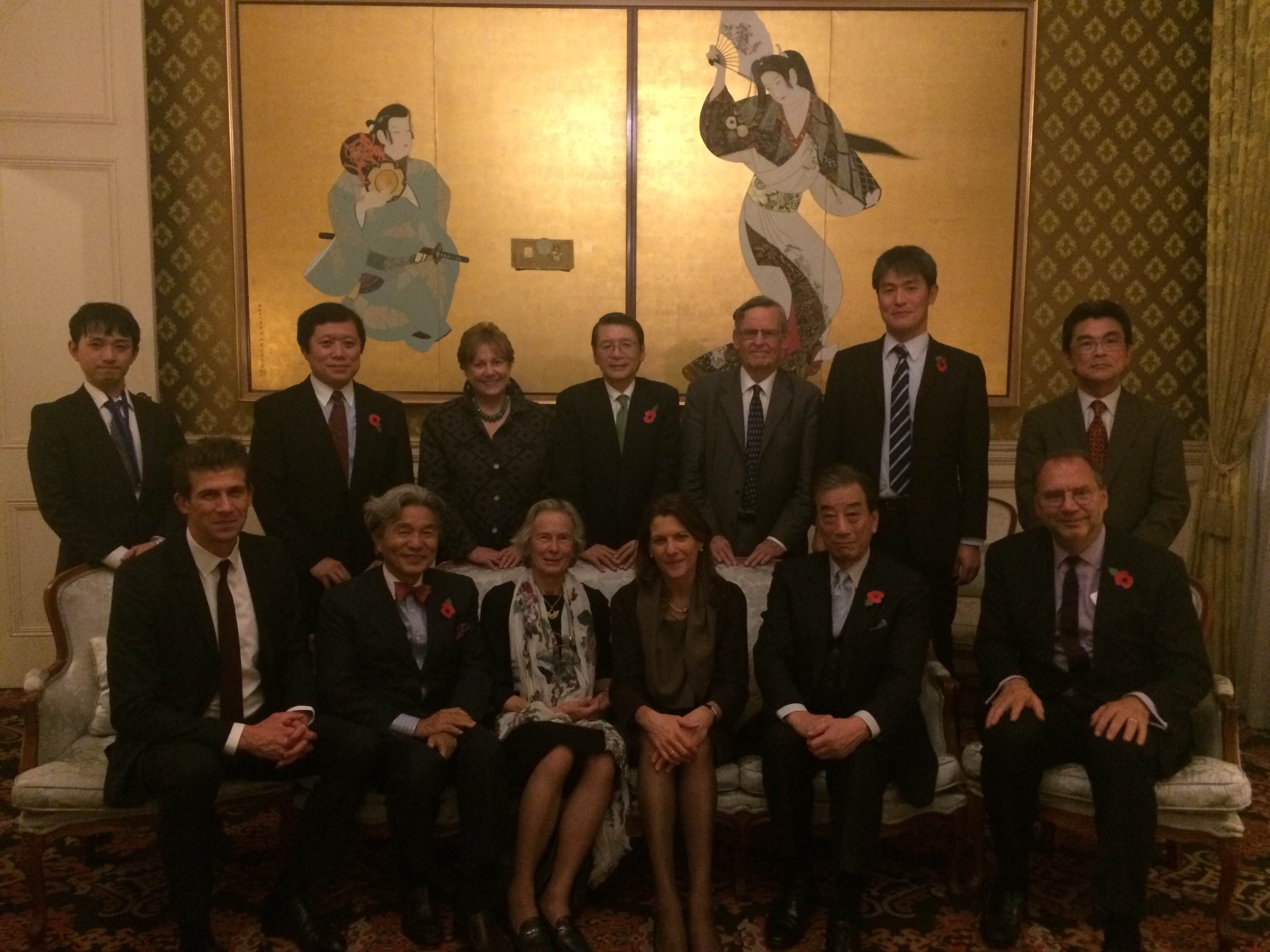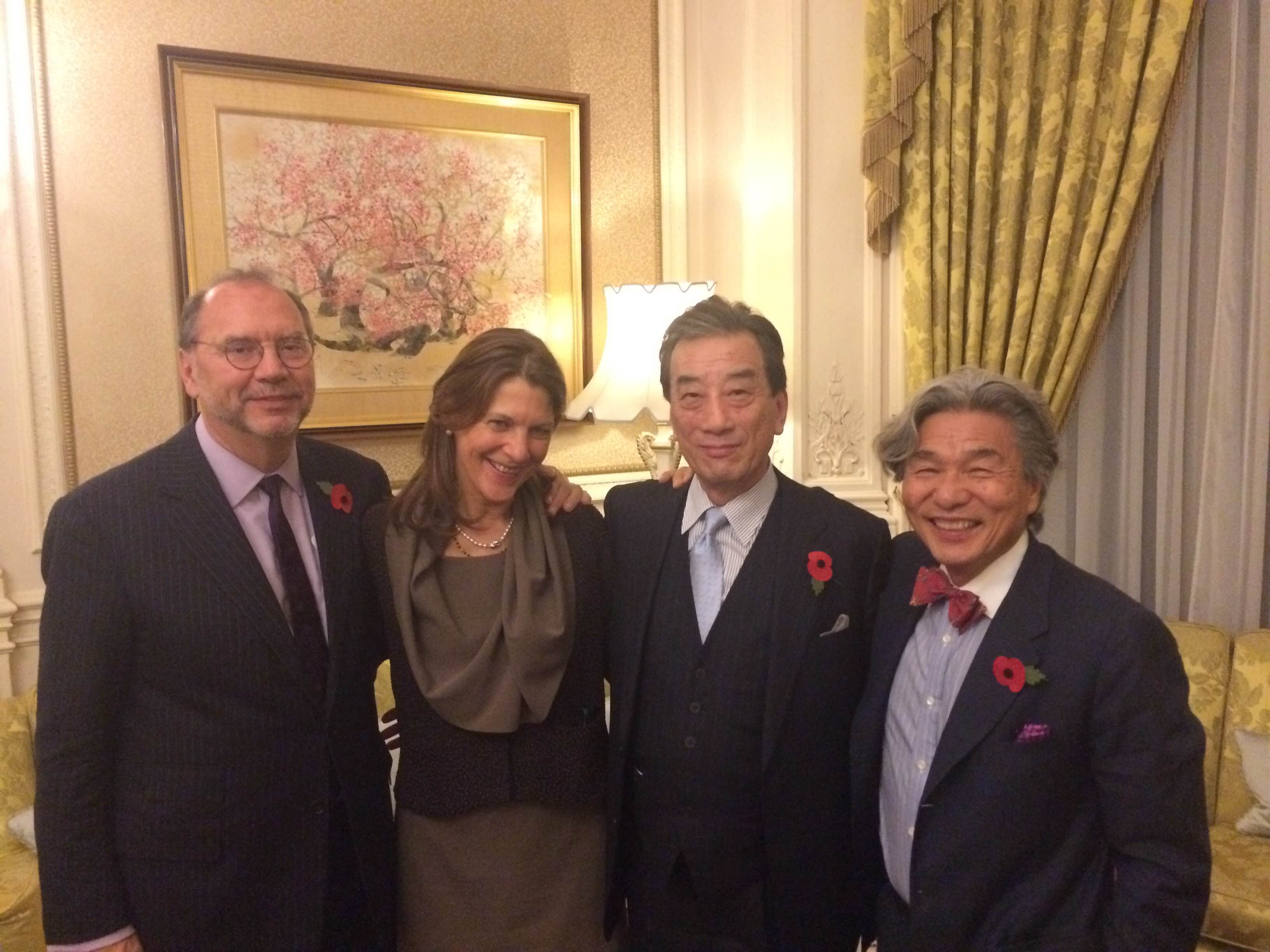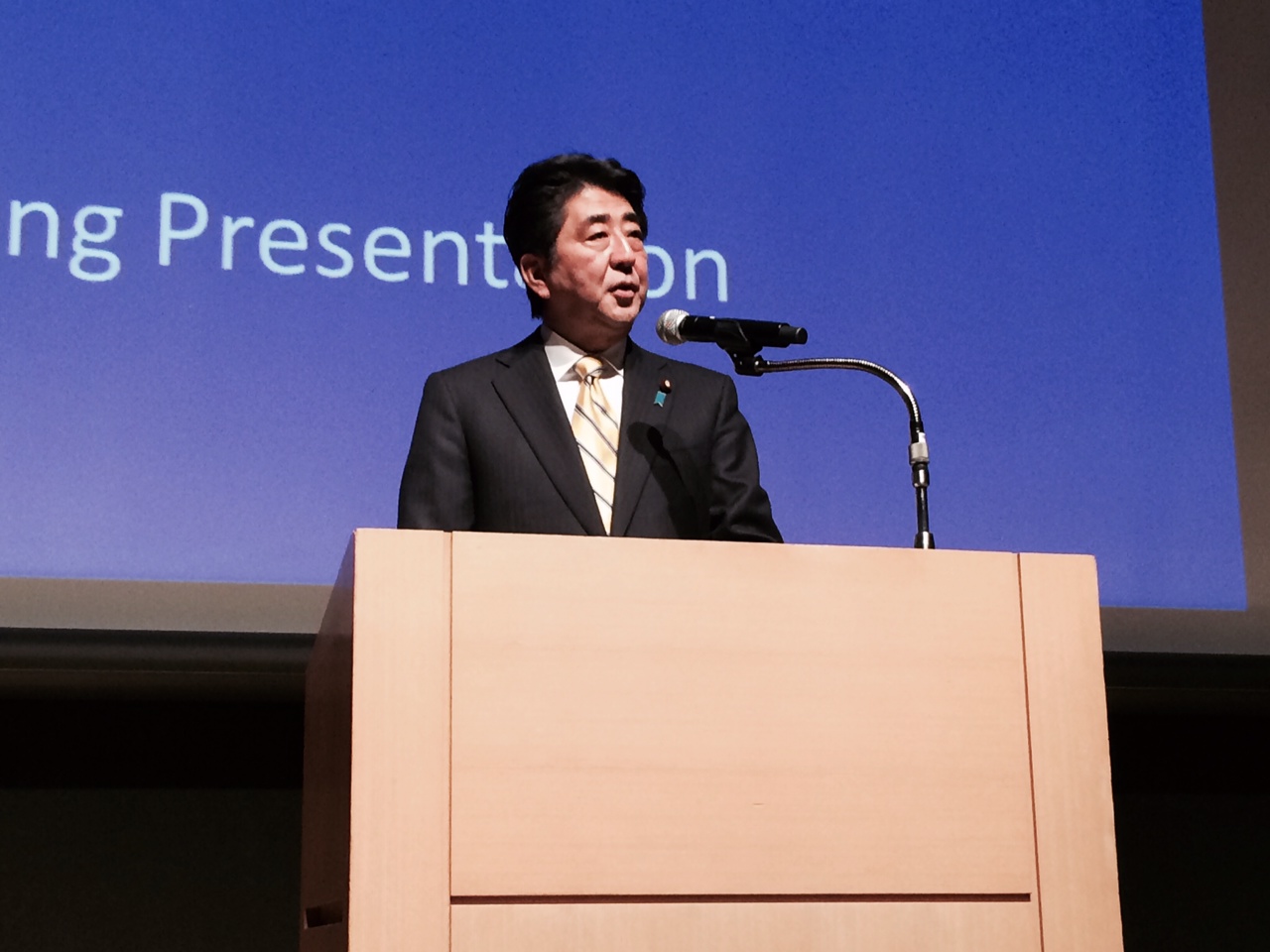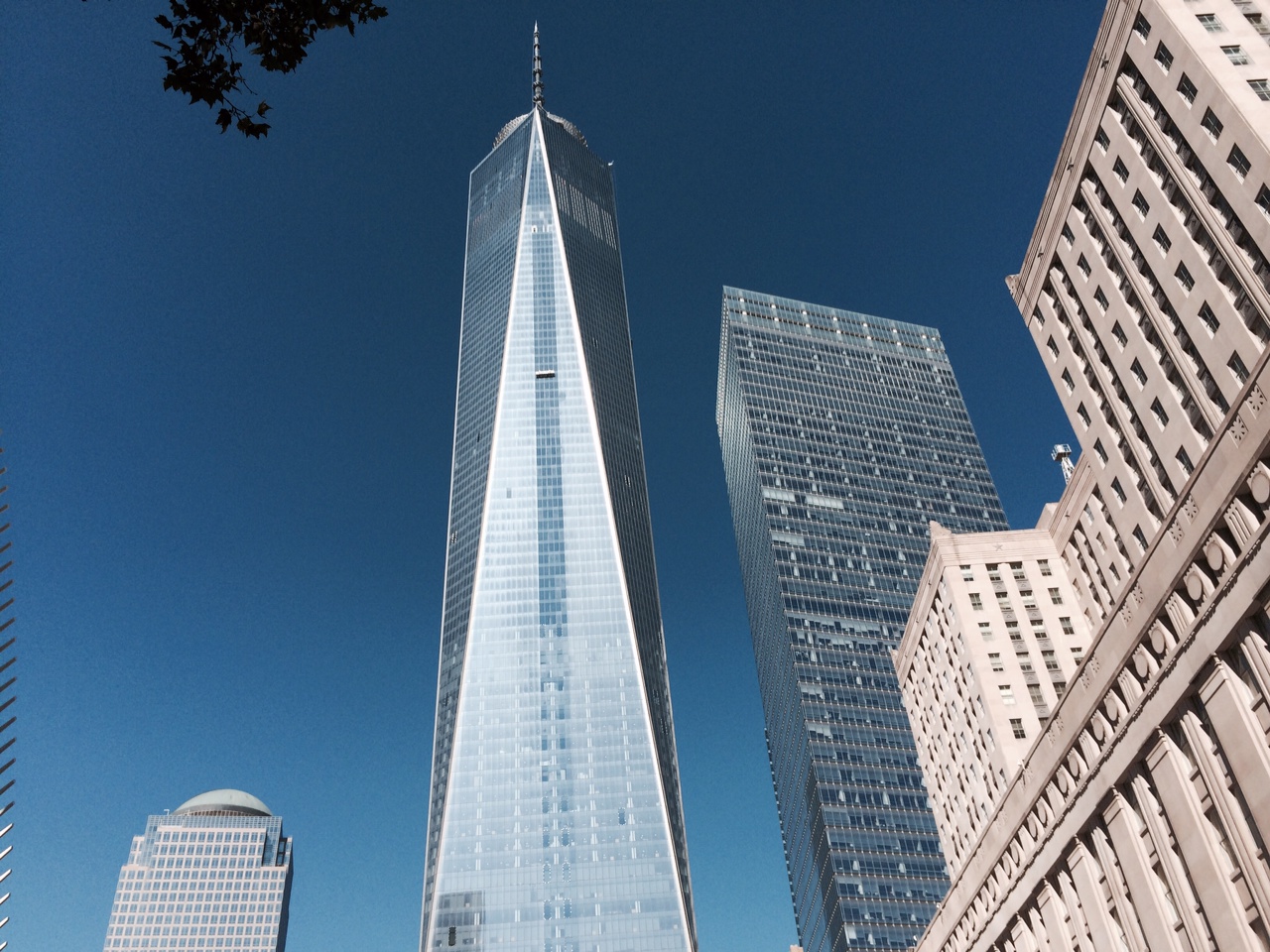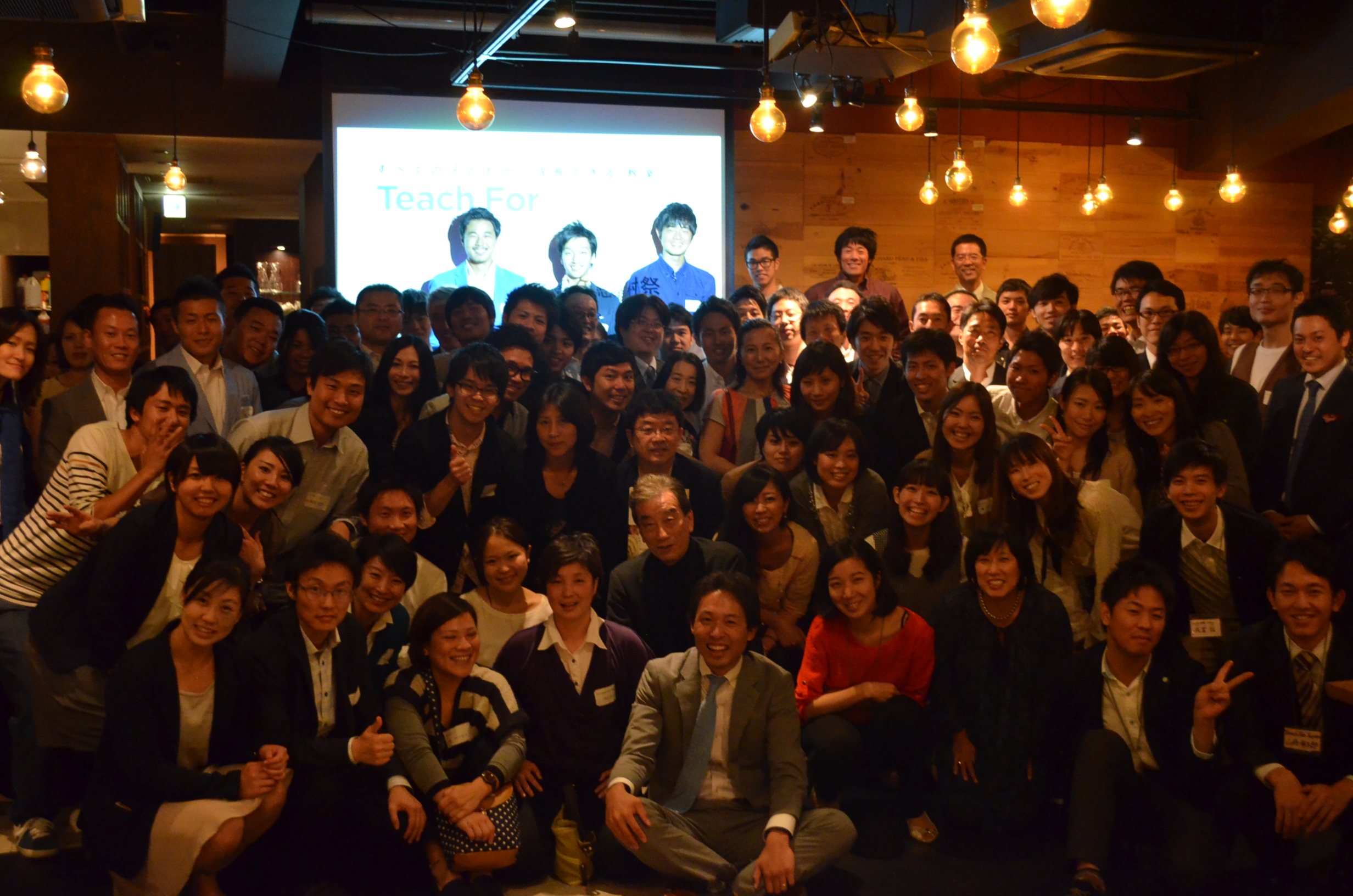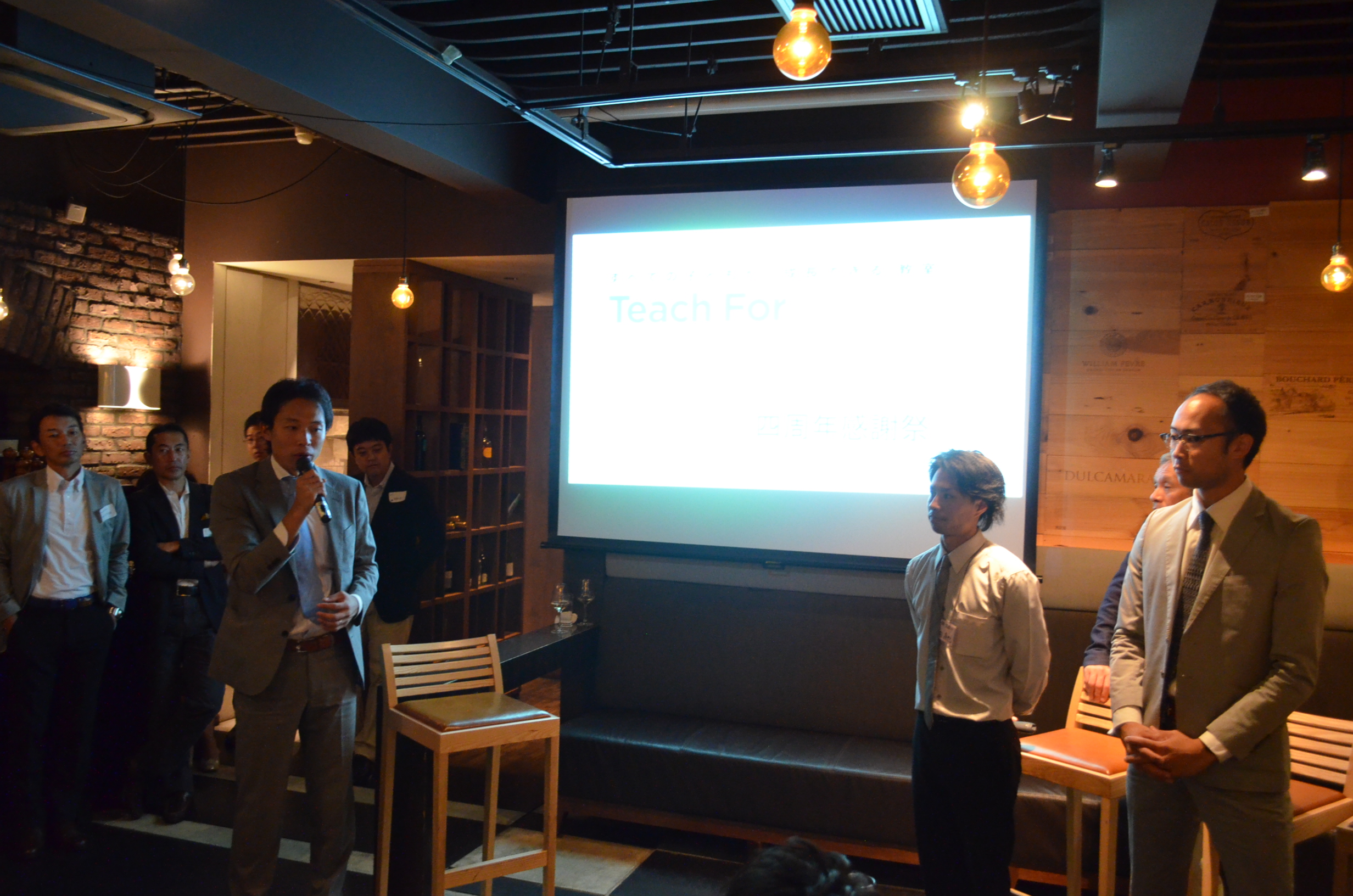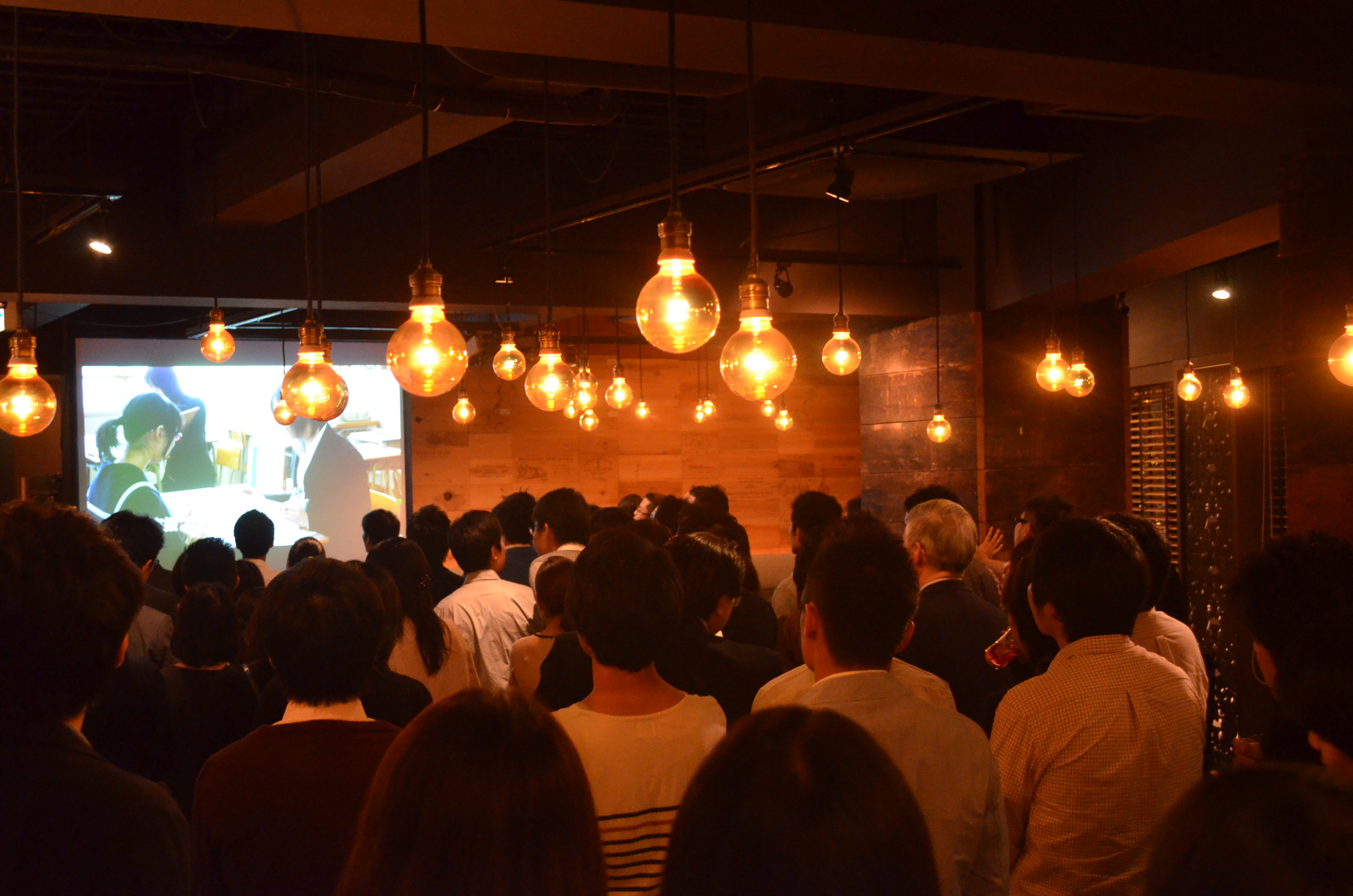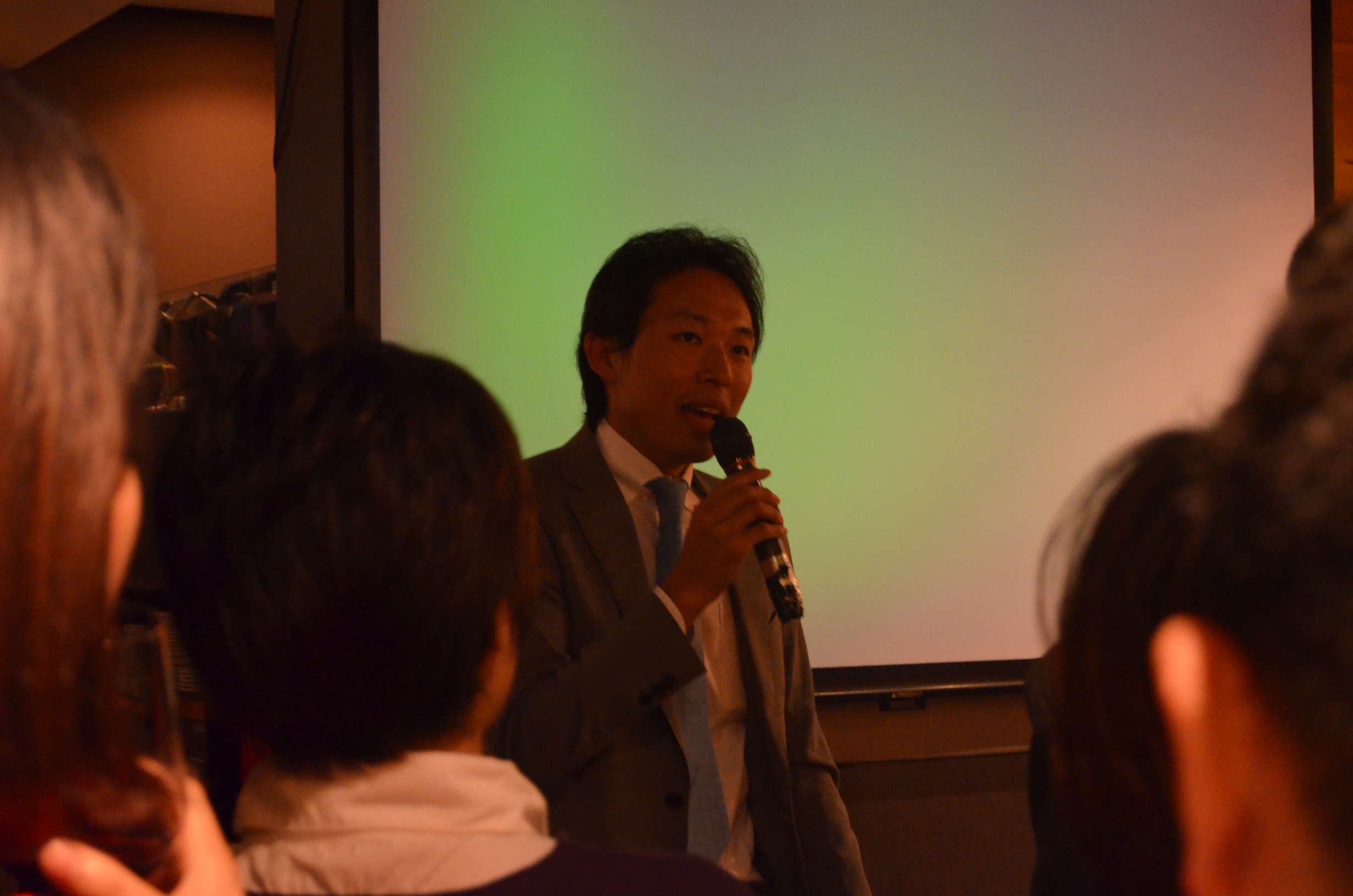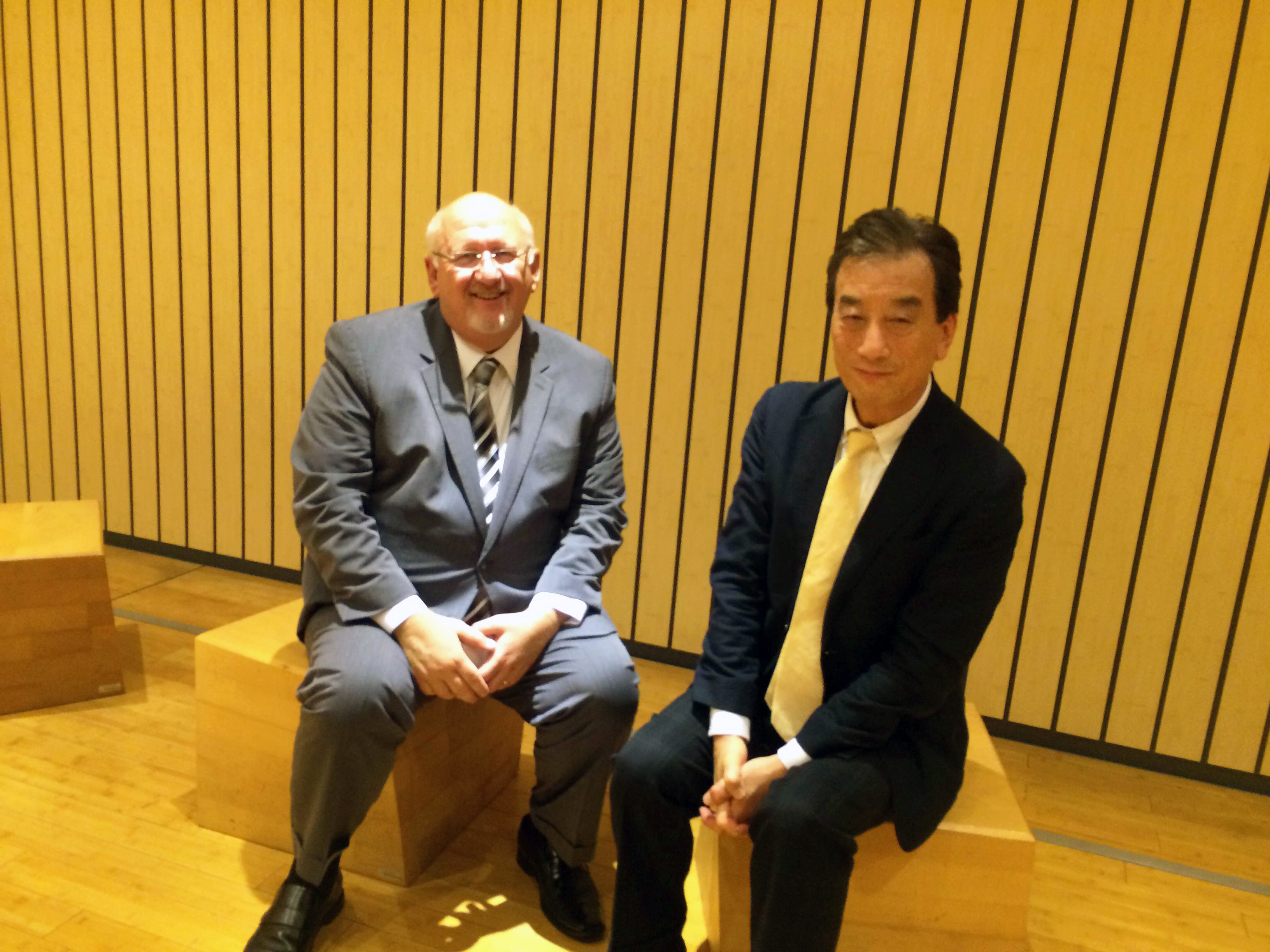I flew to Bangkok on January 28th for the conference that is convened along with the Prince Mahidol Award (1) for Medicine and Public Health. One of the recipients this year was Dr. Akira Endo, whose research led to the development of statin drugs to treat high cholesterol. Dr. Endo has also been awarded the Japan Prize and Lasker Award. I had been unable to attend the award ceremony day and missed the opportunity to congratulate him.
The Prince Mahidol Award Conference (PMAC2015) followed the award ceremony day and this year’s topic was “Global Health Post-2015, Accelerating Equity”. Our Member of the House of Councilors, Keizo Takemi spoke on universal health coverage, very rich in content and powerful in delivery.
On the second day, I was a panelist on the last panel of the conference, Plenary Panel 3 “Global Health Financing- What Lies Ahead?” along with Tim Evans of the World Bank, Mai Oanh Global of Vietnam, Health Sciences Senior Fellow Dean Jamison of UCSF and Ariel Pablos-Mendes of the Rockefeller Foundation, who was the moderator.
The discussion at the conference tended to center on ODA, WHO, the UN and World Bank. I pointed out the fact that although “global” is the key word, the discussion was still focused on the nation as the unit and being international as the framework, in this time of great change around the ‘global’ world. Similarly, though “innovation” is on everyone’s lips, how it is to be defined remains unclear. I touched upon the Global Health Innovative Technology (GHIT) Fund, which is co-sponsored by Japanese companies, the Gates Foundation and the Japanese government and it was well received.
In the evening, I had dinner with the leading nephrologists in Thailand. Afterwards, I met with Dr. Sugimoto, Ms. Hayashi, with a few from JICA, was joined by people from JICA and later headed to the Red Sky rooftop bar at the Centara Grand Hotel, where the conference had been held.
I have visited Bangkok many times over the past twenty years, for the International Society of Nephrology and JICA related missions. Some things have changed in Bakgkok while others have remained the same, but all in all, it is full of vitality.

